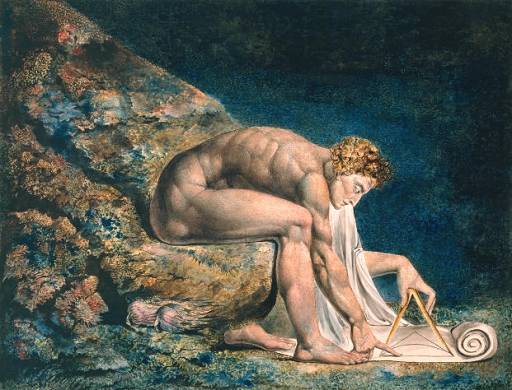IJesusChrist
Holofractale de l'hypervérité
- Inscrit
- 22/7/08
- Messages
- 7 482
hxxp://www.scientificamerican.com/blog/ ... 2010-04-06
I've believed in determinism since I was 13 or 14, once I started realizing the ties between biology & physics & chemistry. I have wondered though - how does the acknowledgement of determinism (no free will) change the way we think? It most certainly does, but should it?
It's a very deep understanding of ourselves we need to reason with this question - I don't particularly think that we are ready to understand what society really means by this idea. We are all timeless, that is to say, time is just the screen in which the script is shown upon. The script has been written, and always has been - time is just the wonderful embodyment of it's dependance.
Does the fact that knowing of you're inability to make decisions beyond your DNA and historical occurences allow you to be free of social ideals and morals? Well no, why would we want an entity that believes s/he can do evil under any circumstances? Yet s/he was always going to turn out that way, so should we ignore it?
No matter what our decision is, it was always going to be that. :wink:
A middle-aged man hires a prostitute, knowingly exposing his wife to a sexually transmitted infection and exploiting a young drug addict for his own pleasure. Should the man be punished somehow for his transgression? Should we hold him accountable? Most people, I’d wager, wouldn’t hesitate to say “yes” to both questions.
But what if you thought about it in the following slightly different, scientific terms? The man’s decision to have sex with this woman was in accordance with his physiology at that time, which had arisen as a consequence of his unique developmental experiences, which occurred within a particular cultural environment in interaction with a particular genotype, which he inherited from his particular parents, who inherited genetic variants of similar traits from their own particular parents, ad infinitum. Even his ability to inhibit or “override” these forces, or to understand his own behavior, is the product itself of these forces! What’s more, this man’s brain acted without first consulting his self-consciousness; rather, his neurocognitive system enacted evolved behavioral algorithms that responded, either normally or in error, in ways that had favored genetic success in the ancestral past.
I've believed in determinism since I was 13 or 14, once I started realizing the ties between biology & physics & chemistry. I have wondered though - how does the acknowledgement of determinism (no free will) change the way we think? It most certainly does, but should it?
It's a very deep understanding of ourselves we need to reason with this question - I don't particularly think that we are ready to understand what society really means by this idea. We are all timeless, that is to say, time is just the screen in which the script is shown upon. The script has been written, and always has been - time is just the wonderful embodyment of it's dependance.
Does the fact that knowing of you're inability to make decisions beyond your DNA and historical occurences allow you to be free of social ideals and morals? Well no, why would we want an entity that believes s/he can do evil under any circumstances? Yet s/he was always going to turn out that way, so should we ignore it?
No matter what our decision is, it was always going to be that. :wink:


